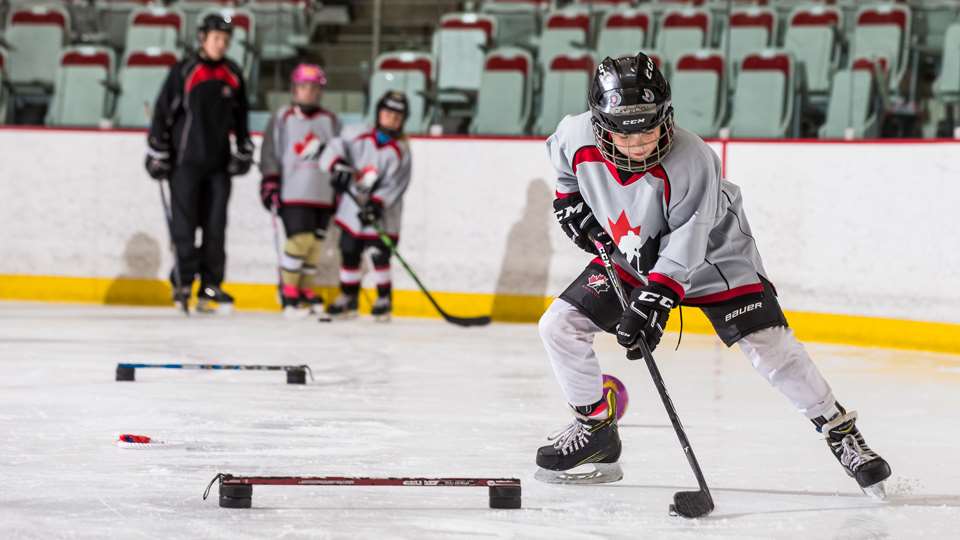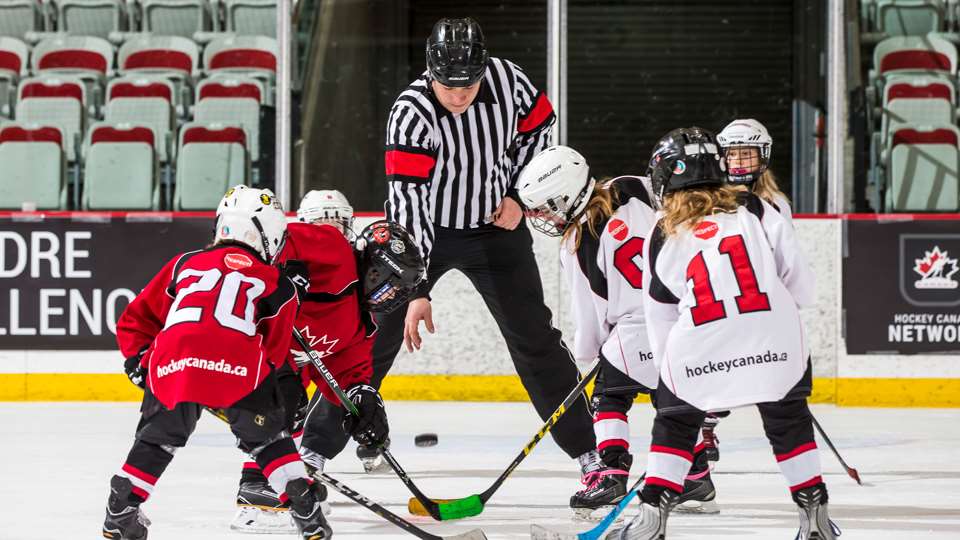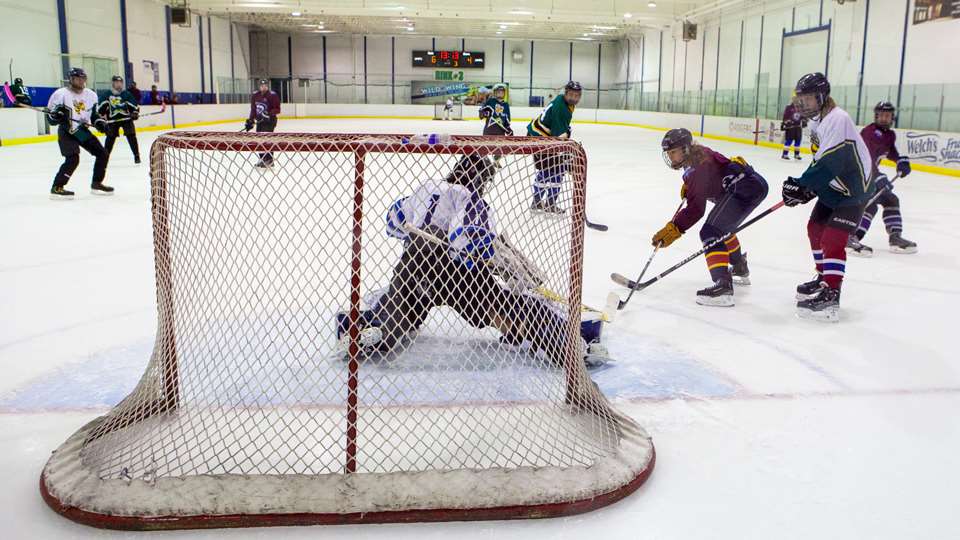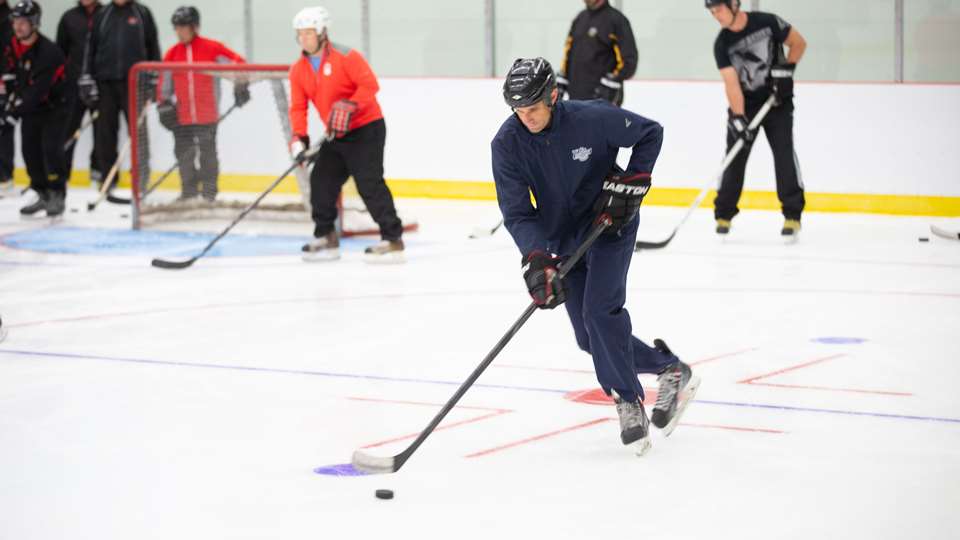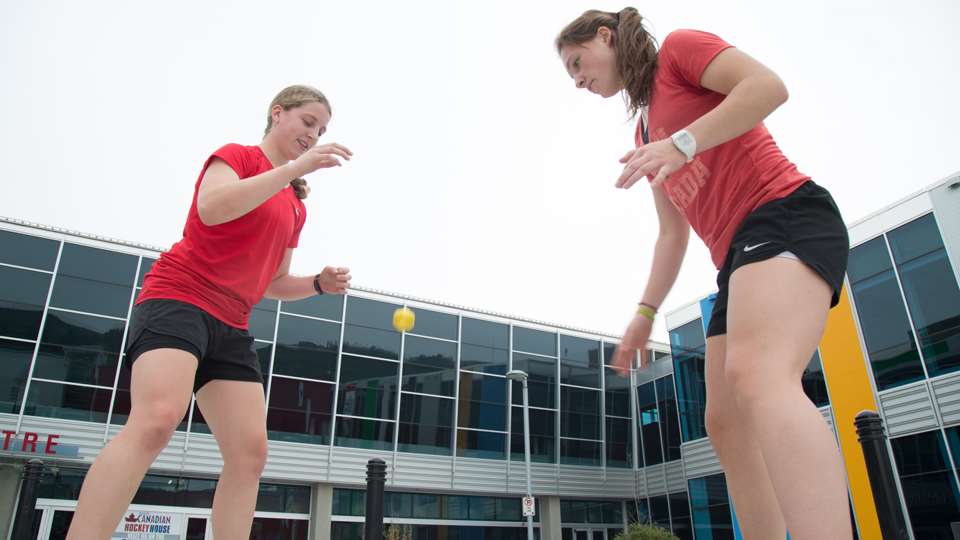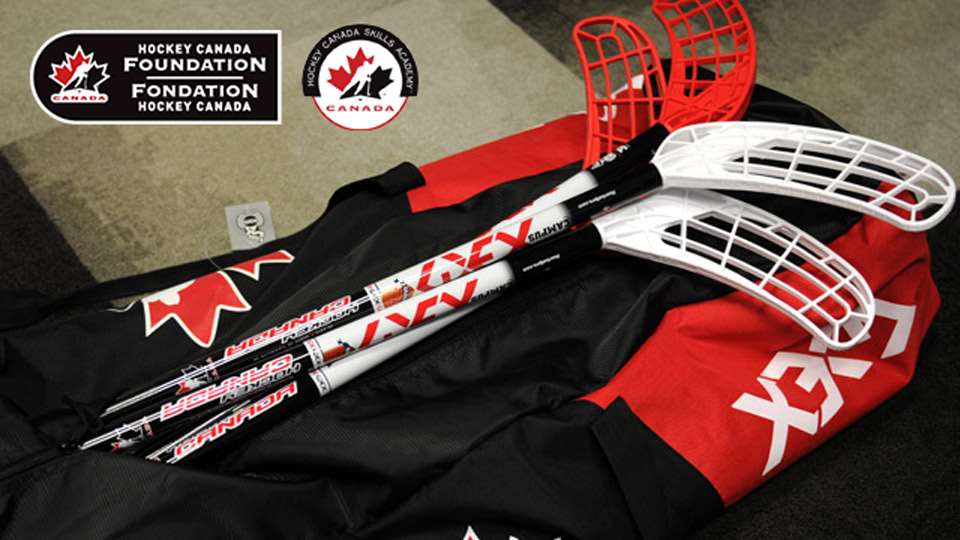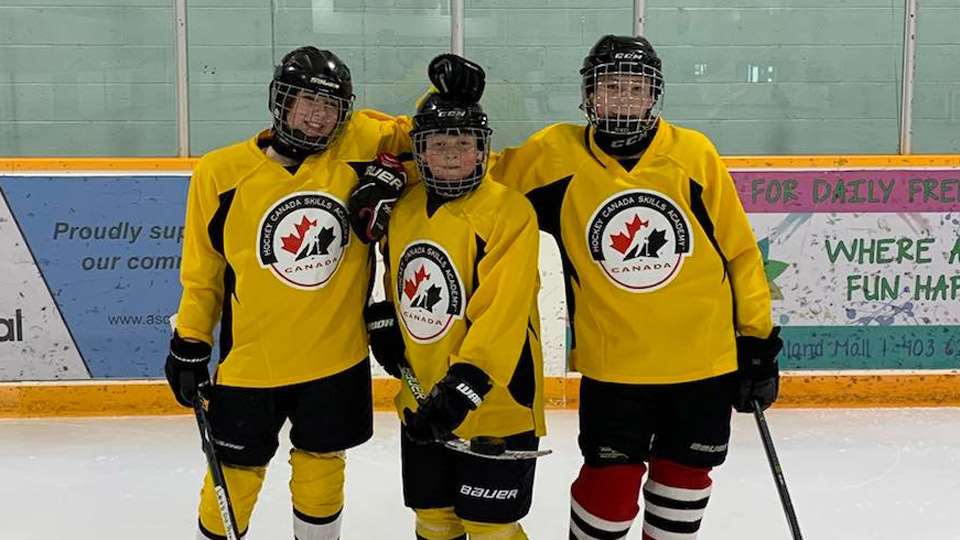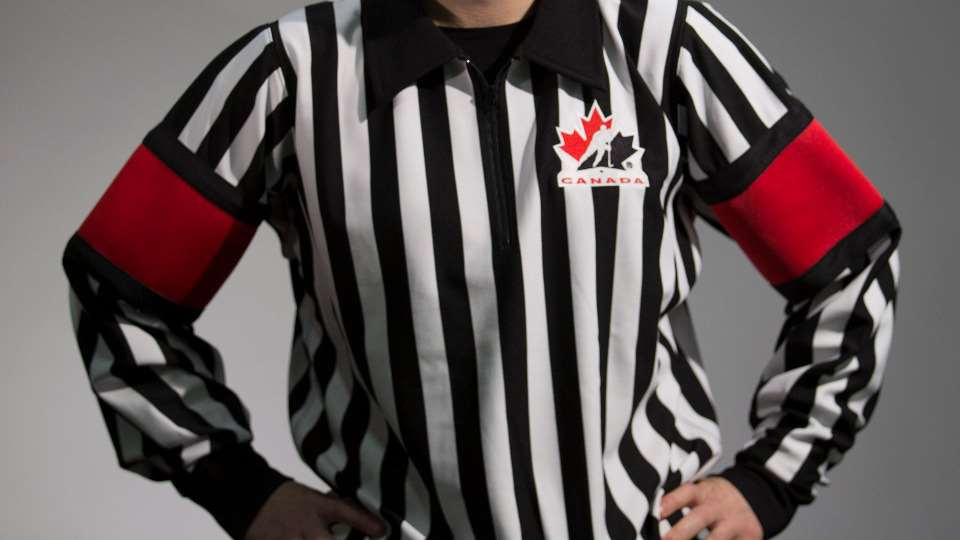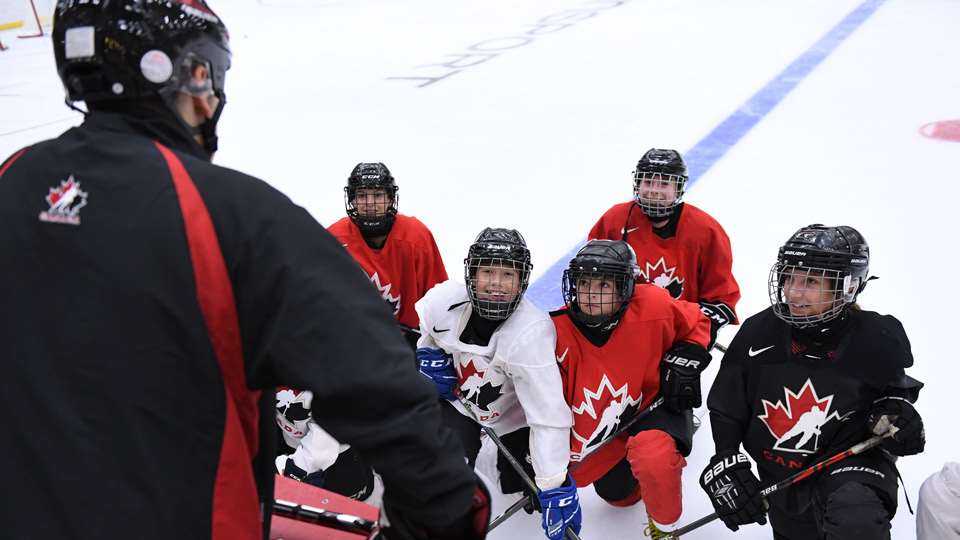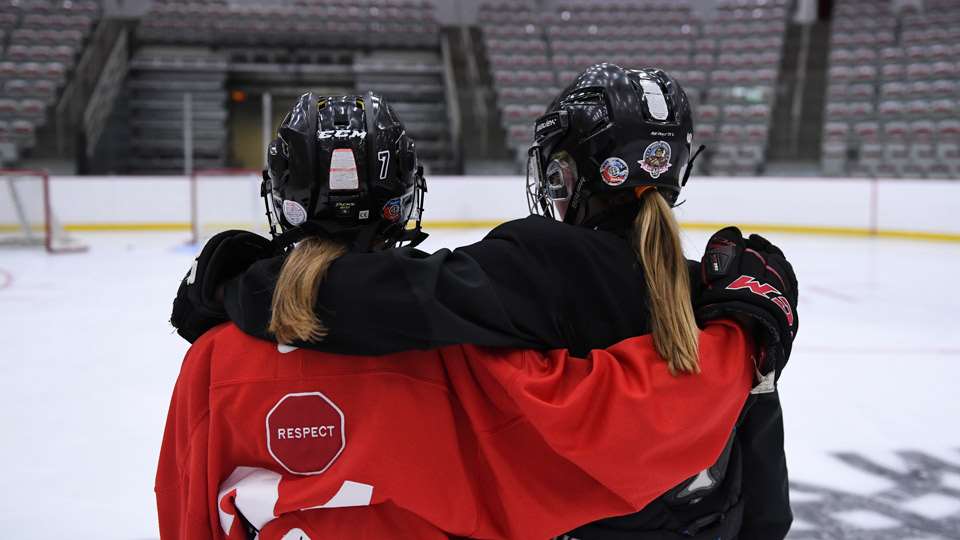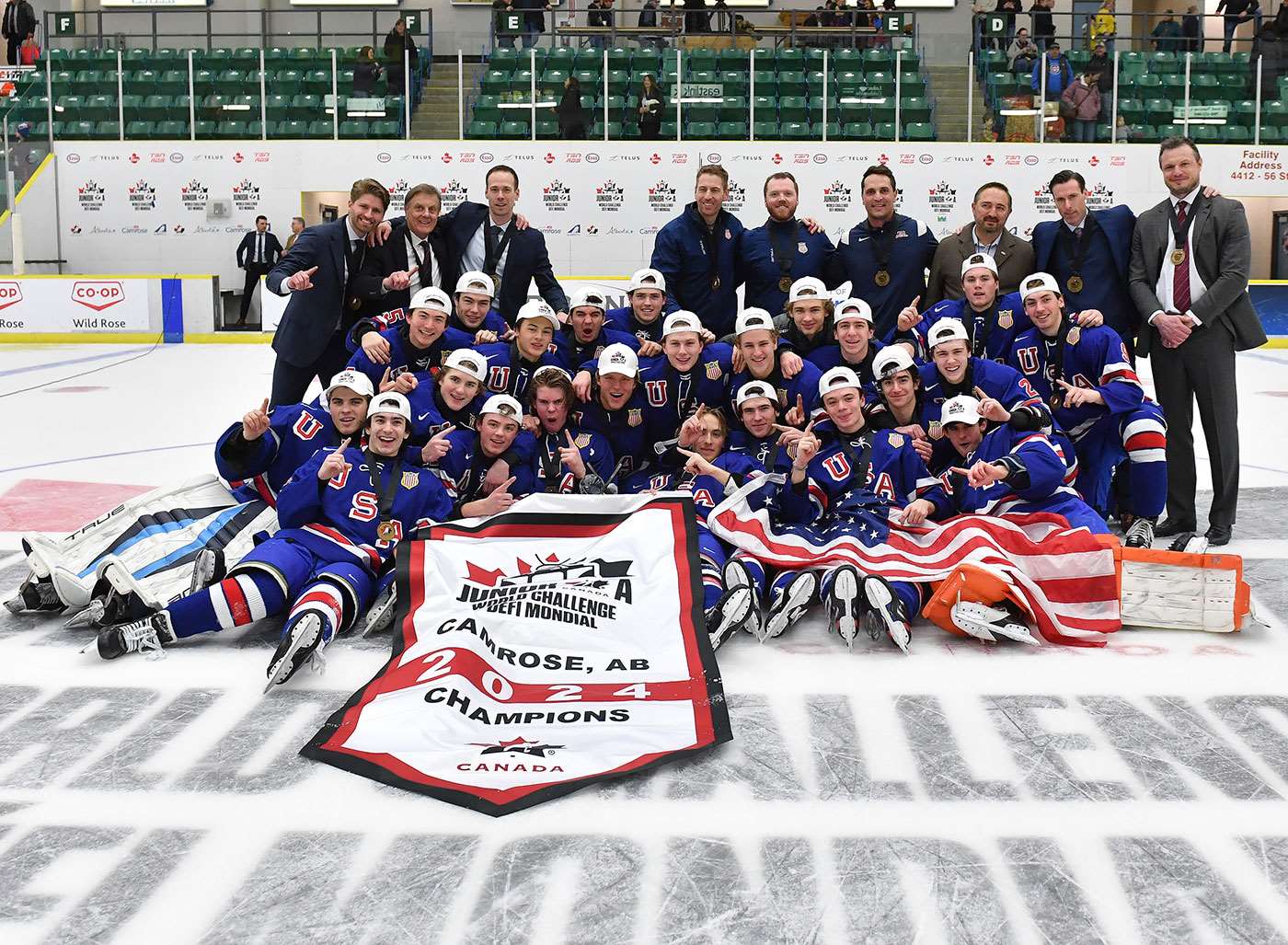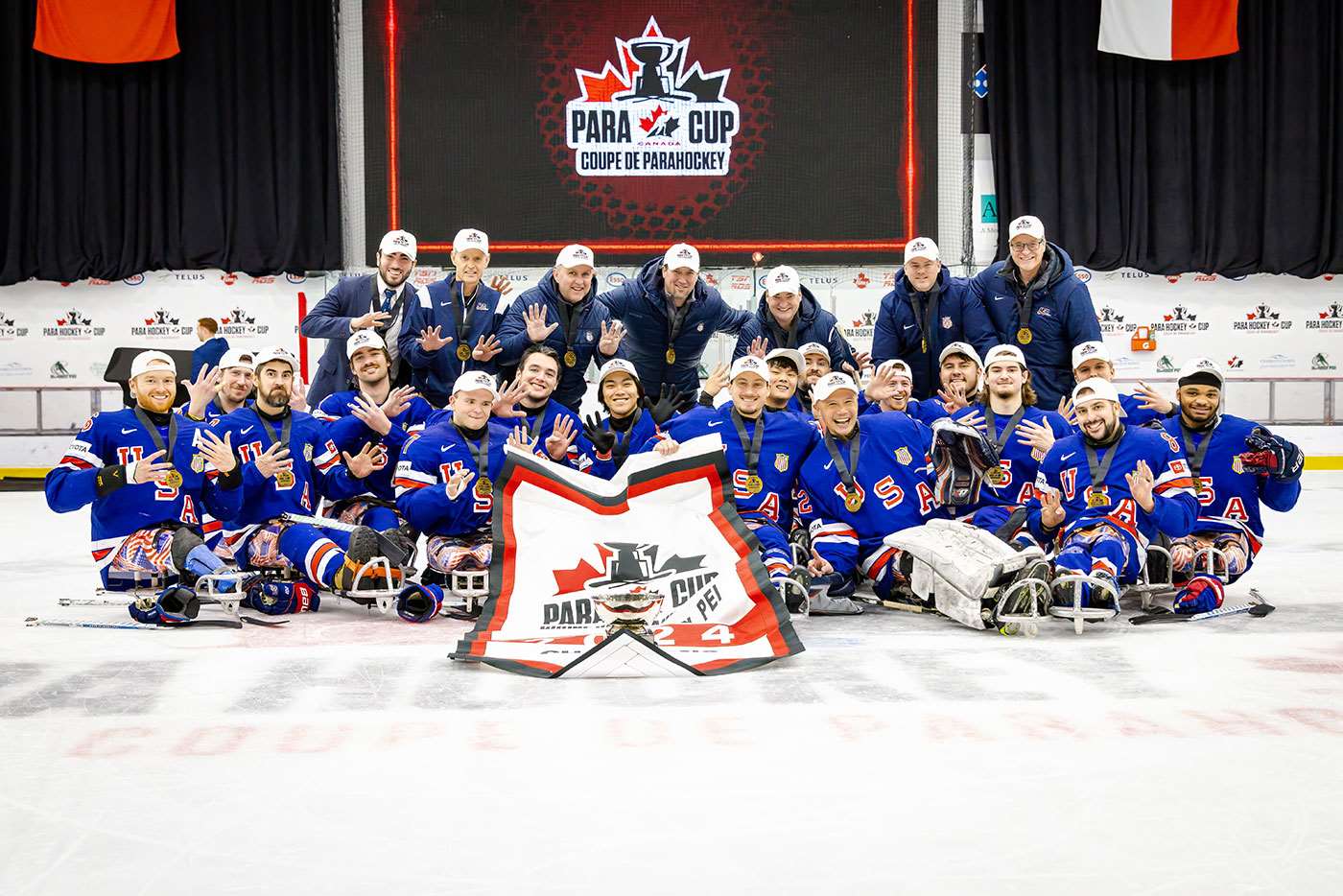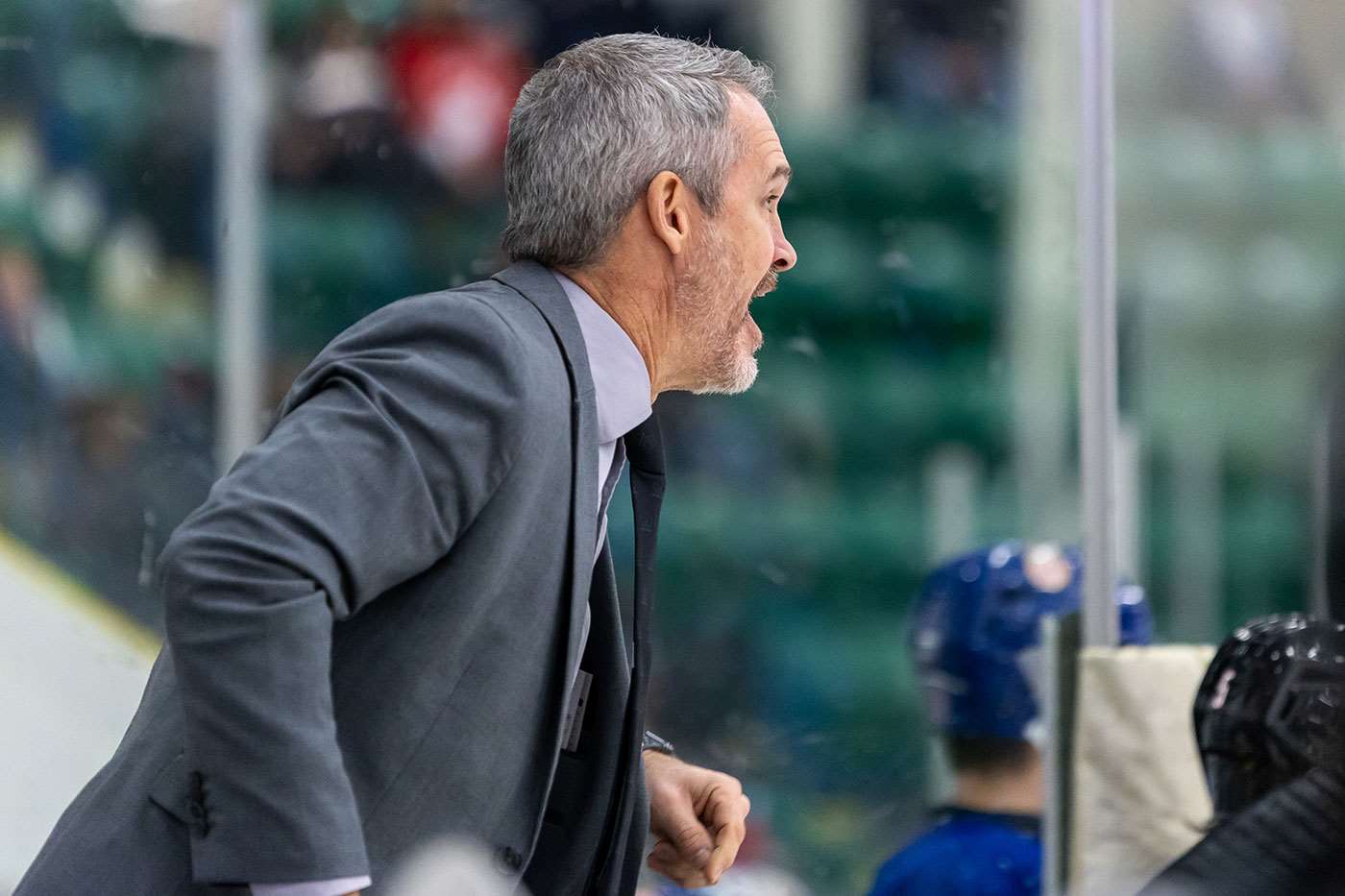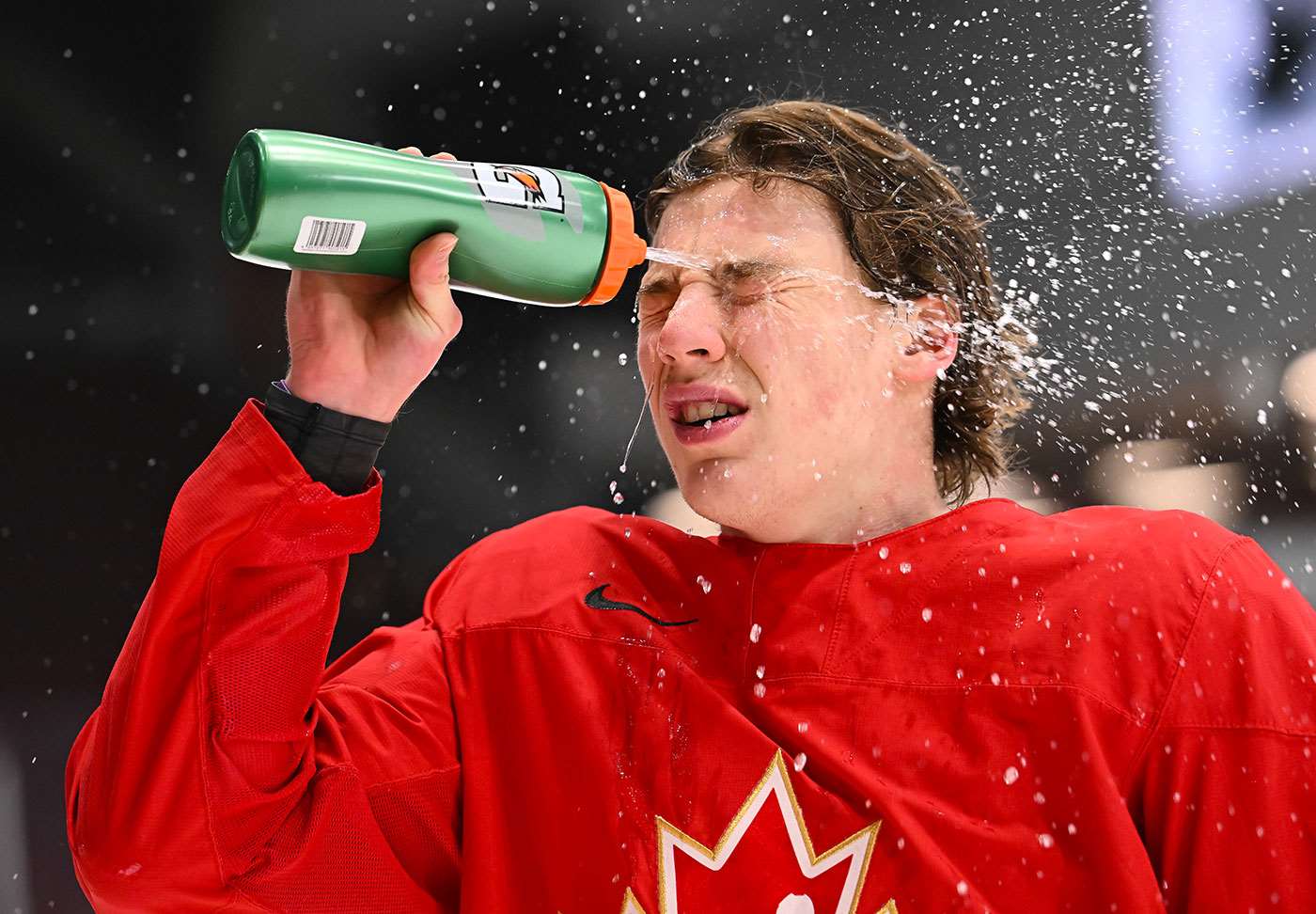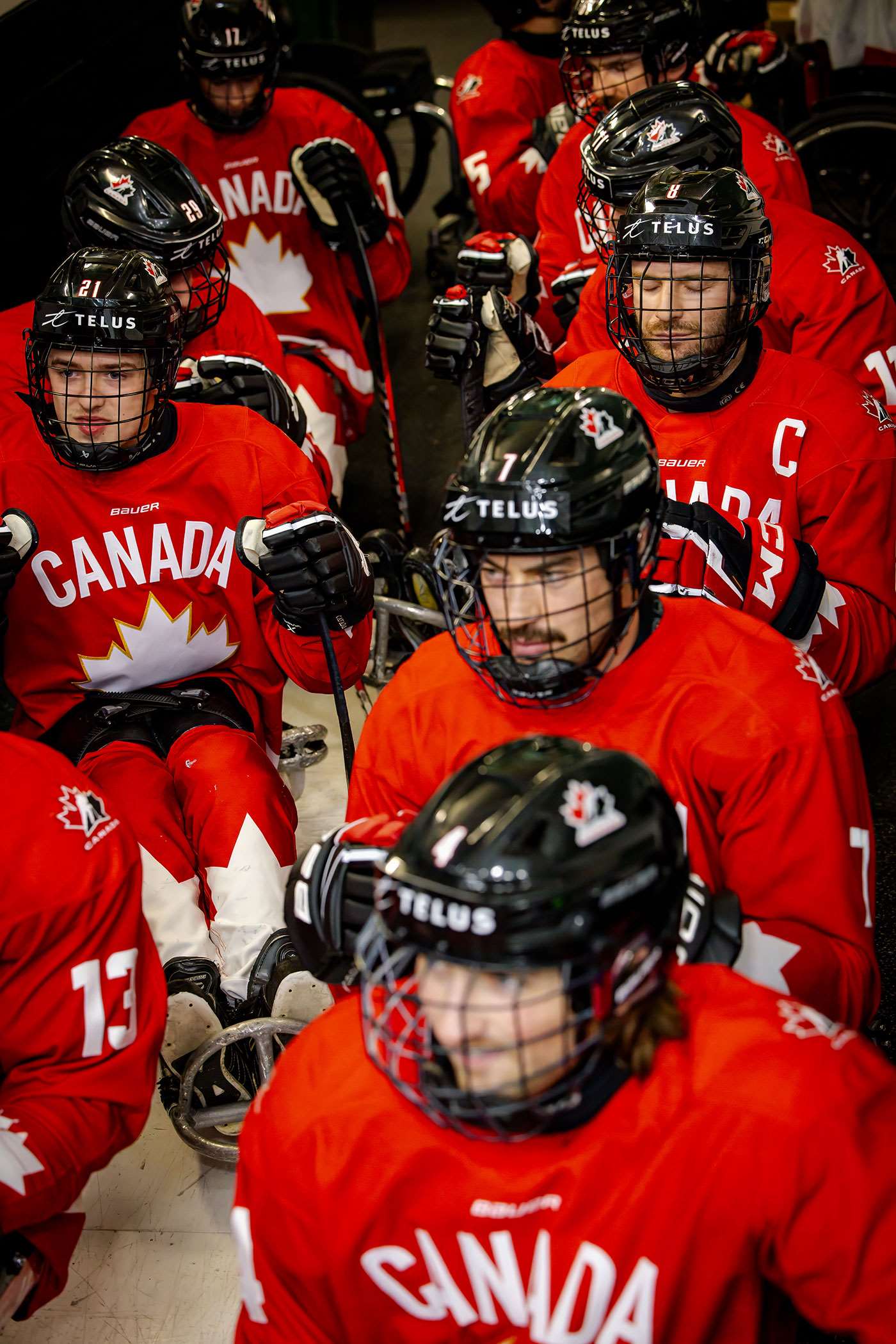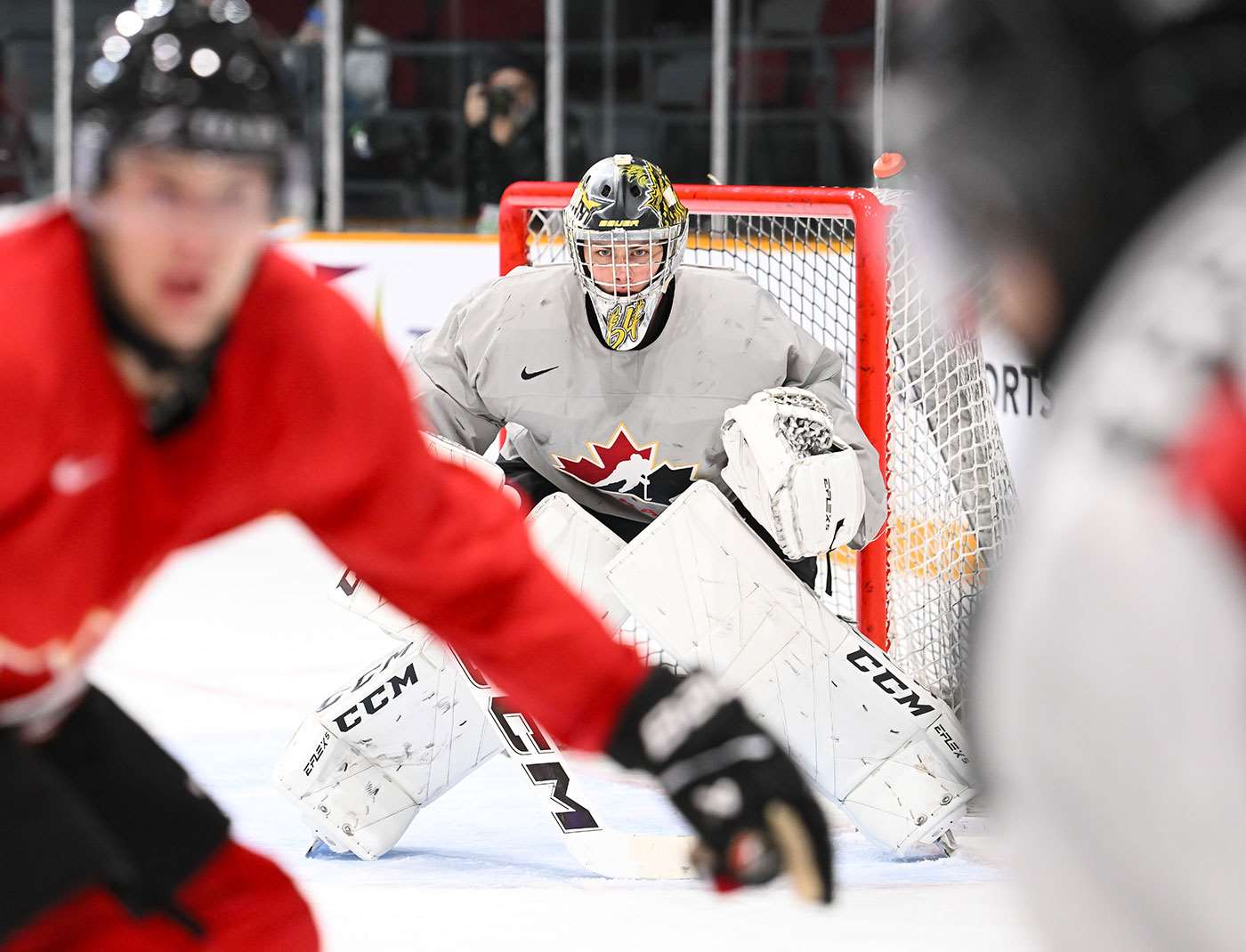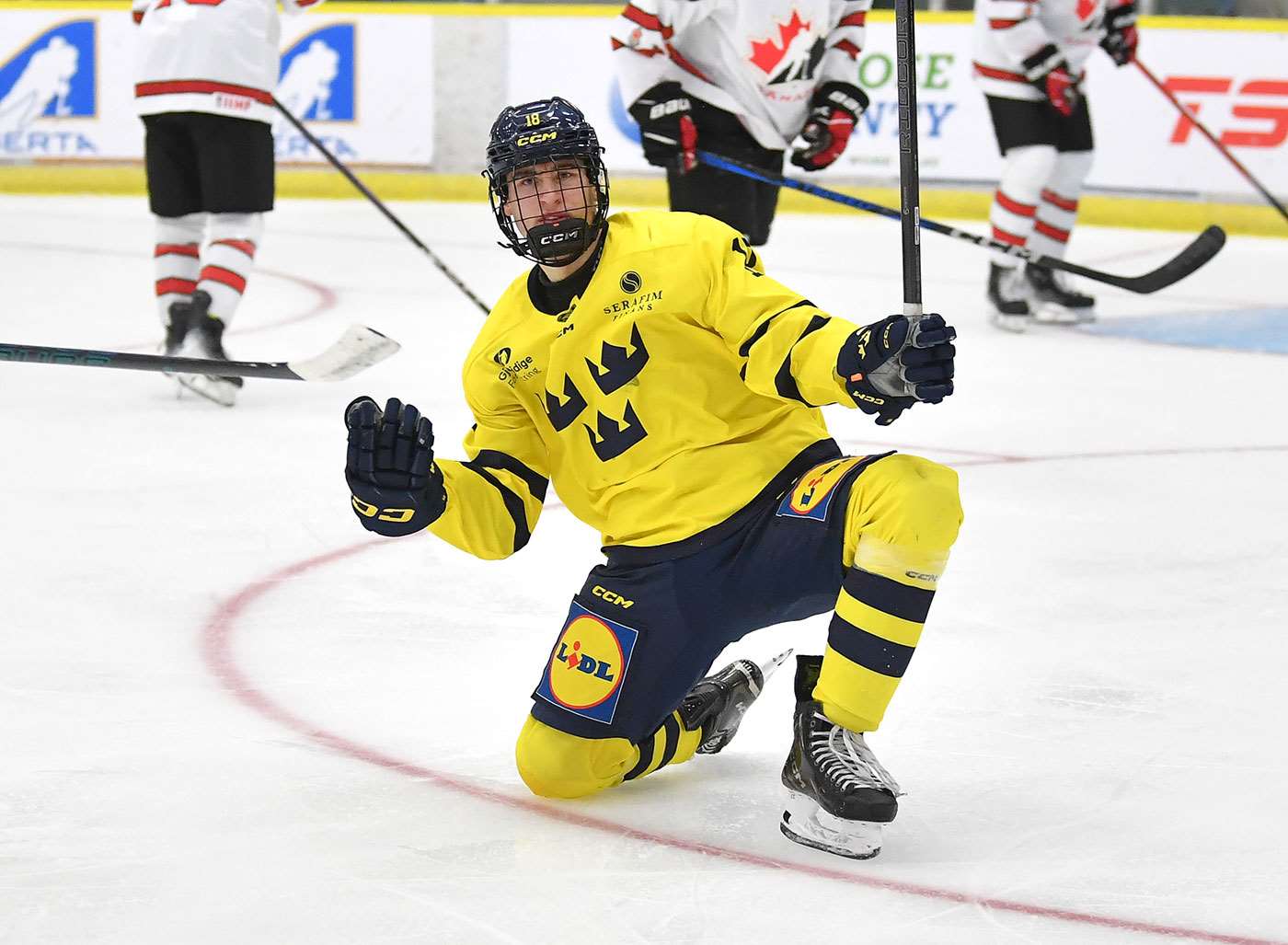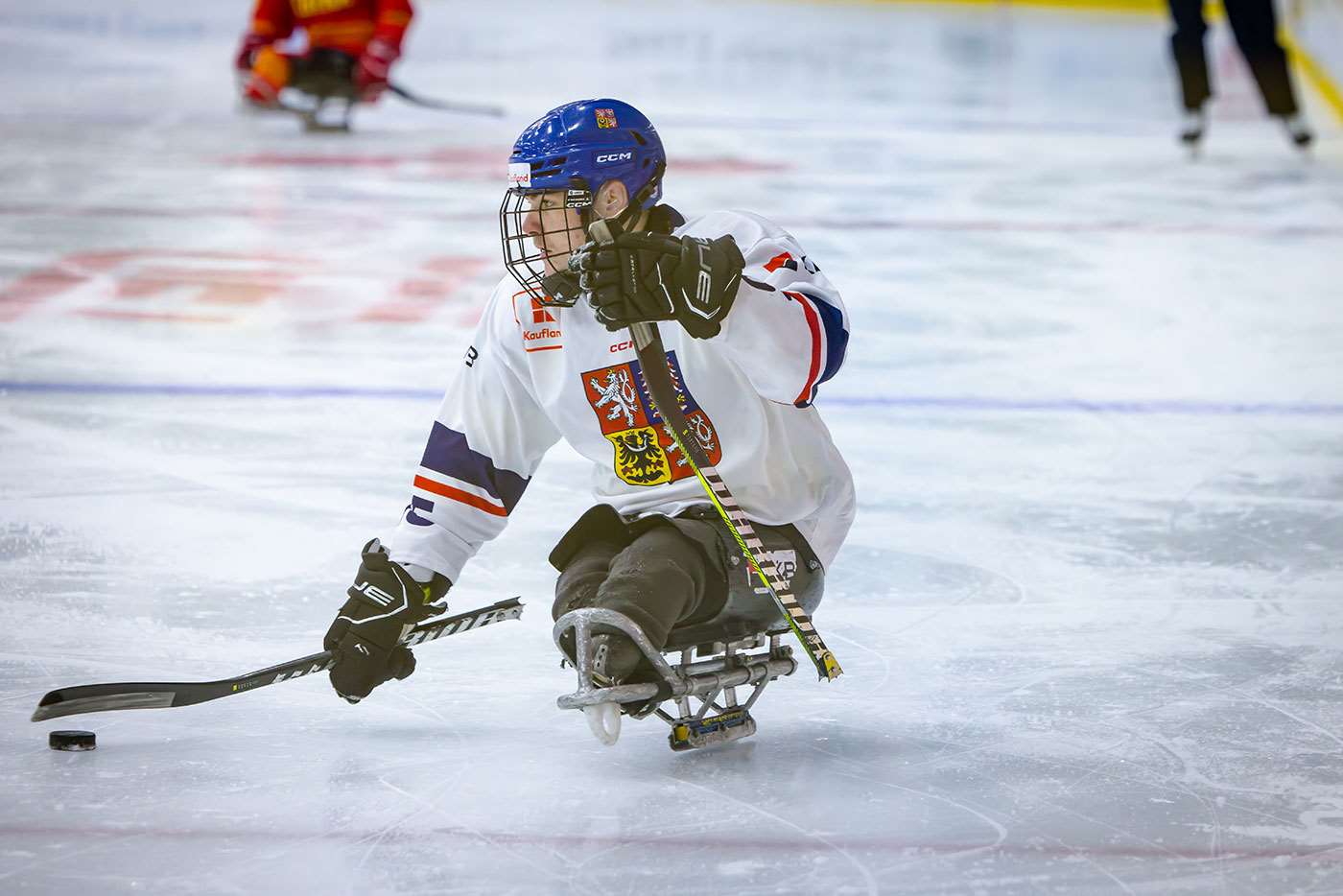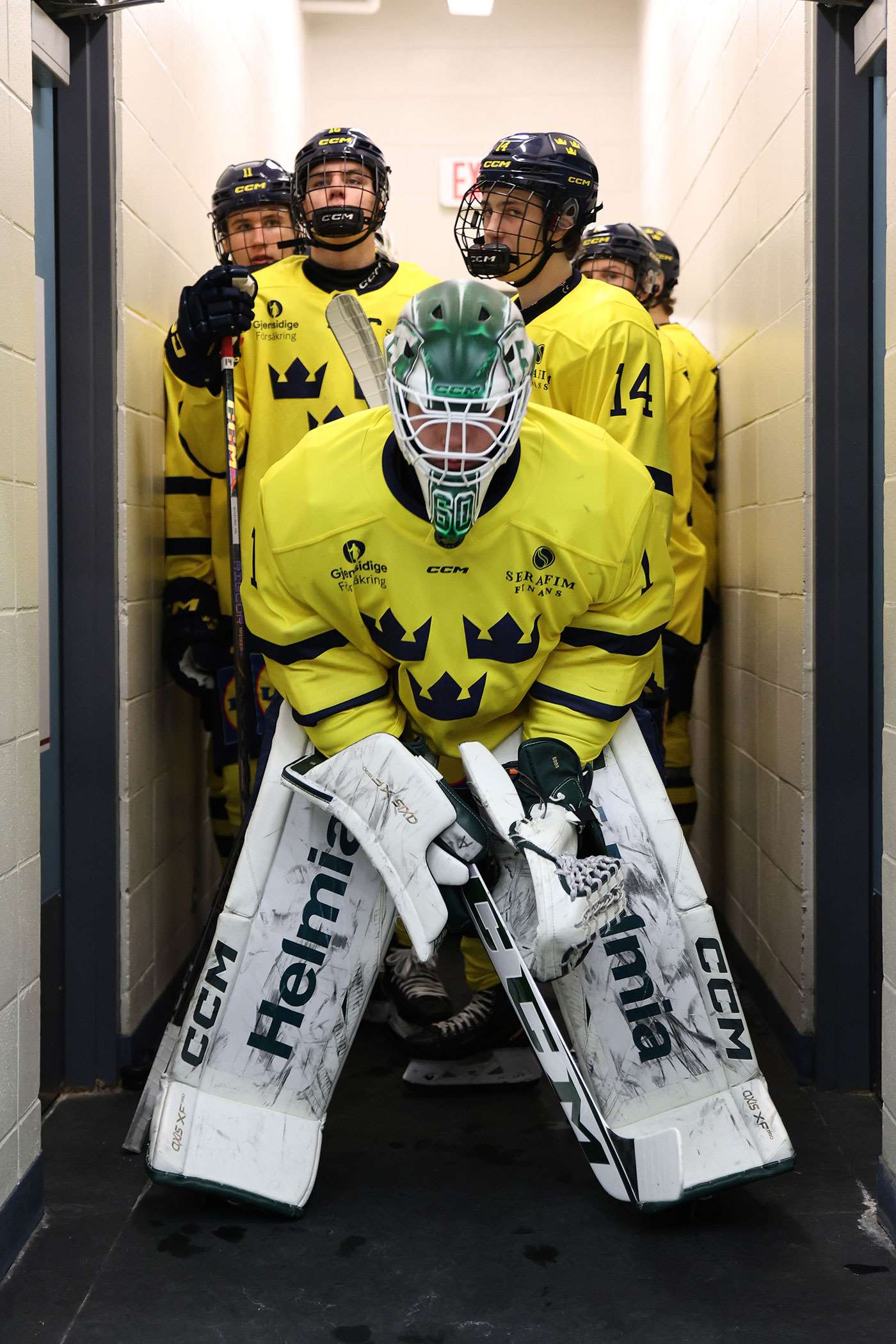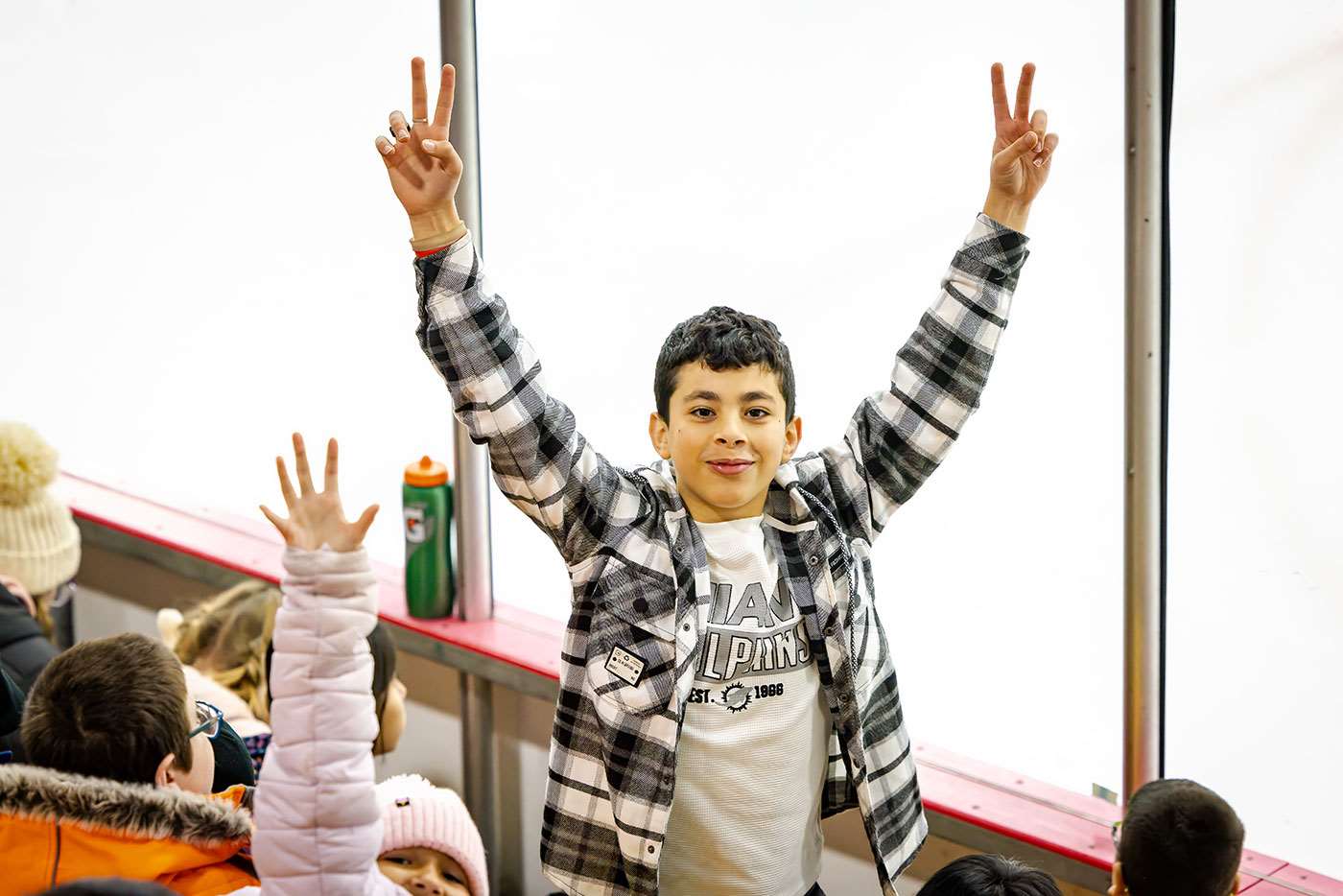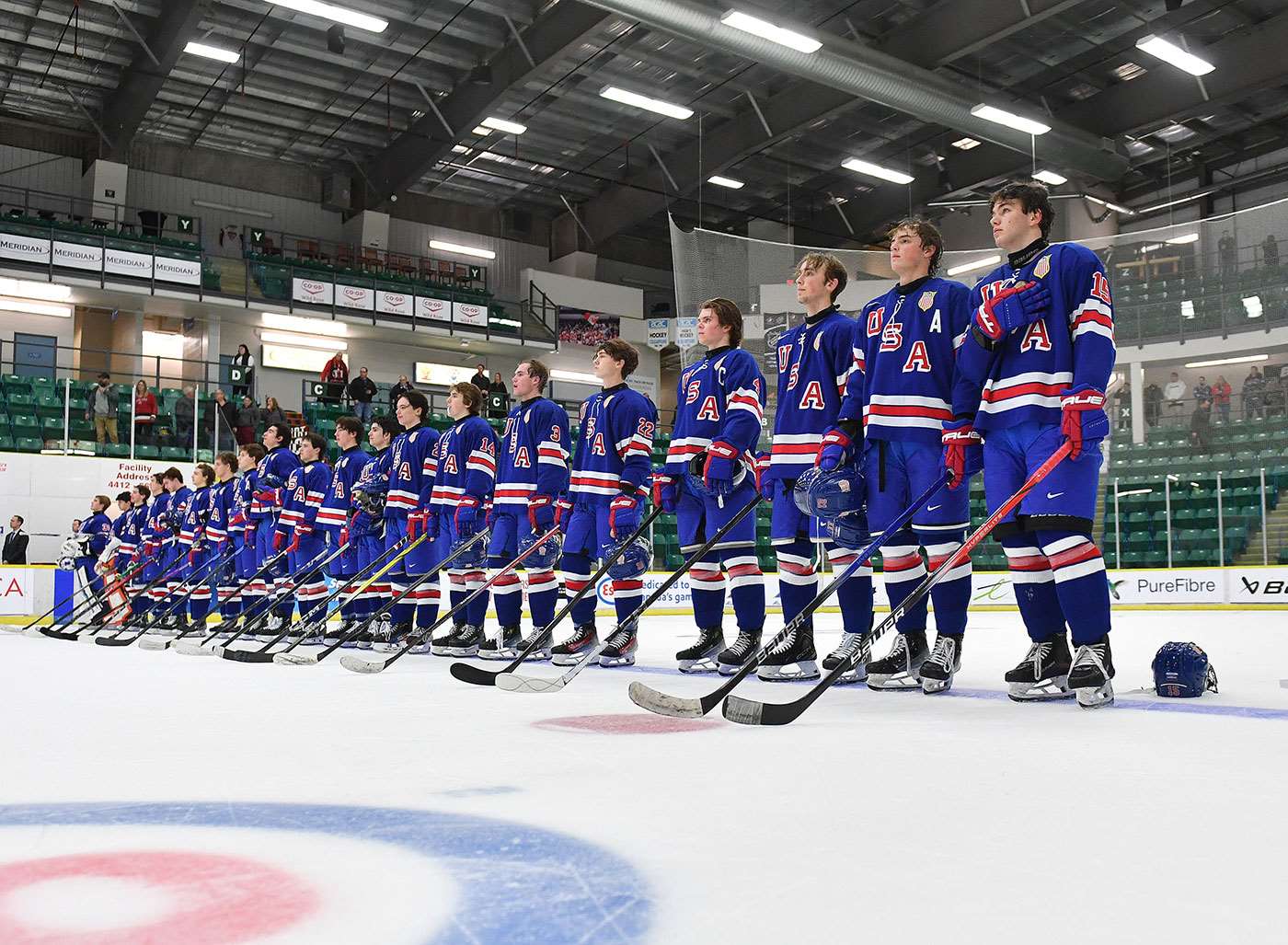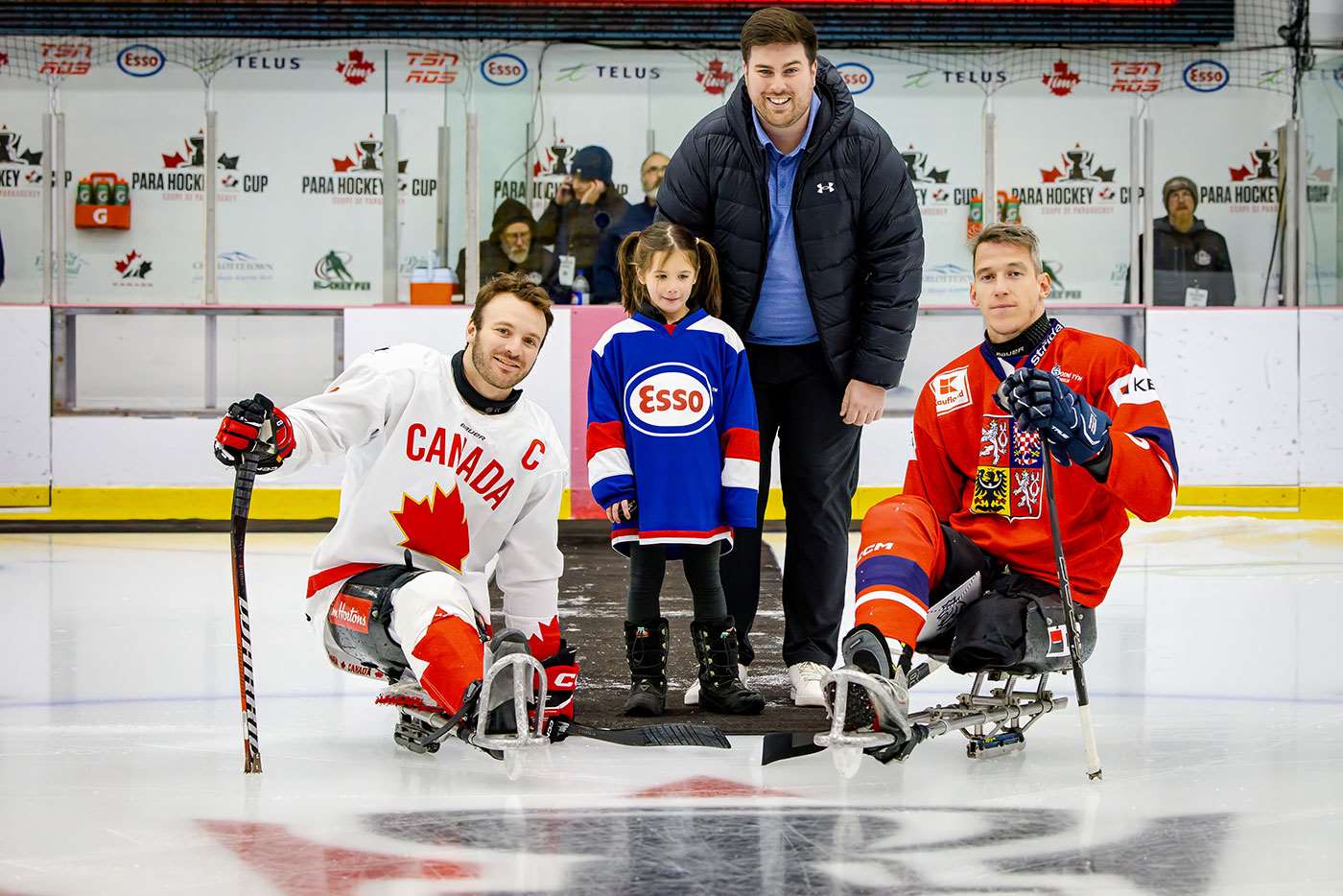
Schedule
Team Canada (Men)
IIHF World Junior Championship | Dec. 26, 2024-Jan. 5, 2025
Spengler Cup | Dec. 26-31, 2024
4 Nations Face-Off | Feb 12-20, 2025
IIHF U18 World Championship | April 23-May 3, 2025
IIHF World Championship | May 9-25, 2025
U17 World Challenge | Nov. 3-9, 2024
Hlinka Gretzky Cup | Aug. 5-10, 2024
Junior A World Challenge | Dec. 9-15, 2024
National Junior Team vs. USPORTS | Dec 12-13, 2024
Search
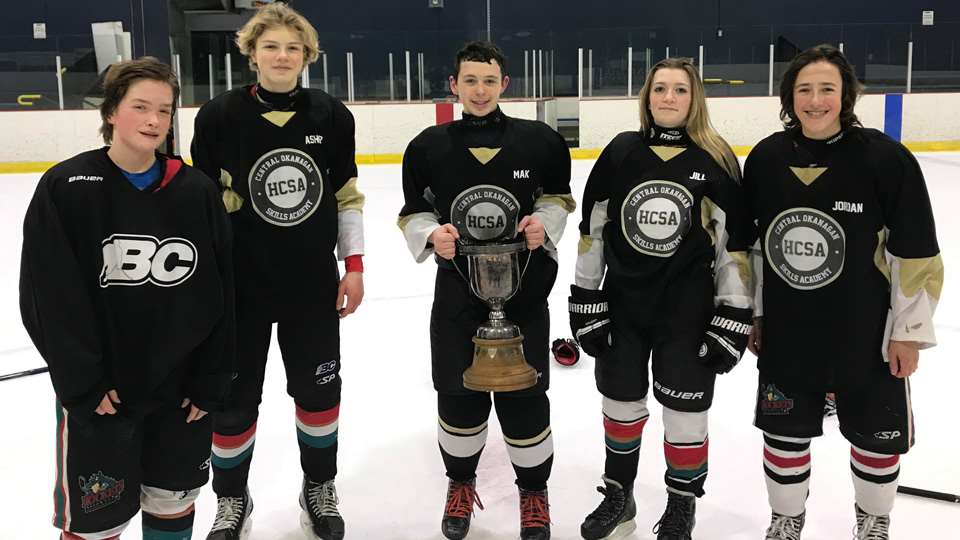
Enthusiasm is catching
Makaio Long delighted his HCSA instructors and classmates at Okanagan Mission Secondary School with an unbridled love of the game and dazzling goal celebrations

Hockey Canada Skills Academy (HCSA) classes at Okanagan Mission Secondary School in Kelowna, B.C., featured a unique brand of intrigue this past winter.
Perhaps the question in the minds of instructors and students before each on-ice session went along the lines of “How will Makaio celebrate finding the back of the net today?”
Based on testimony from his teacher Blain Wright, his classmates and himself, Grade 10 student Makaio “Mak” Long seems to possess a limitless creative arsenal of cellys up his sleeve for when he lights the lamp himself or when he helps one of his linemates connect with the mesh.
“He recreated quite a few [Alex] Ovechkin goal celebrations,” says Wright, who also teaches media arts and coordinates the soccer academy at Okanagan Mission. “He would do the hot stick where he would put his stick on the ice and put his hands over it, he would pretend he was flying through the air and he would do the little ‘quiet symbol’ by putting his index finger in front of his mouth.
“We looked forward to his celebration routines so much. All the kids on the ice and back on the bench grinned ear to ear.”
Long’s HCSA teachers and classmates are not the only audience for his array of celebratory moves. He steps on the ice each week with Autism Okanagan’s Kelowna WildCats Special Hockey. This program – in operation from September to late spring at Royal LePage Place in West Kelowna – provides children and youth ages 5-15 with autism or other developmental disabilities a weekly opportunity to refine their on-ice craft and a forum to build fitness, coordination and social skills. “Makaio’s been playing in the WildCats program for six years,” remarks his father, Trevor. “A few years ago, an adult program was founded for older youth and adults. So, when he turns 16, he could have a succession to the [WildCats] program.”
Because of how the COVID-19 pandemic caused a restructuring of the B.C. education system to quarters, the HCSA course was offered in a three-month, five-day format (on-ice for four days) rather than the usual semester system where HCSA classes would occur every second day of school.
Wright admits that he was “a little bit concerned” that his students would perhaps become burnt out with the new program structure, but ultimately classes were strongly attended and “the students seemed to enjoy themselves.”
Makaio cherished the “all hockey, all the time” experience of early November to late January a great deal.
“He would report to me enthusiastically about how many times he would be on the ice that week, and he would include his Saturday session with the WildCats as part of that tally,” says Wright.
In addition to Wright, Mak’s first playing experience outside the WildCats program was made pleasurable because of the support and mentorship of fellow HCSA classmates, particularly Grade 11 student Will Kreutzer. Kreutzer would ensure Makaio would have no problems getting on the ice in time for the coaches’ instructions, and he assisted Makaio in drills and play games with him.
“Occasionally he would need to be reminded, ‘Makaio, come, on we’ve got to listen to the coaches and do the drill,’” said Kreutzer with a chuckle. “If he was ever confused about a drill, I would do my best to clear it up for him. I was here to help him out and I had a blast.”
One of Kreutzer’s fond memories was them on a two-on-zero rush.
“I thought he was going to shoot it, but he passed the puck over to me and I scored an easy goal. It was a beautiful cross-crease pass for a tap-in and he beamed ‘Let’s go, I’ve got the assist!’ And I said, ‘Awesome pass, Mak.’ It was pretty cool.”
Kreutzer and Wright both agree that Makaio’s passing, stickhandling and skating all took strides forward during the HCSA classes, and those skills will help as he continues in the game.
“It was wonderful from a parent’s perspective to see the teachers and the students open to Makaio being a part of the class,” Trevor Long says. “His all-around skills really improved and he is starting to gain understanding over positional hockey and concepts like having to come out of the zone for things like offsides.”
An excited Makaio says he wants to “play hockey for a really long time.”
It made Wright smile when he found out that Makaio was essentially dressed in his hockey gear at 6:30 a.m. for their 9:15 a.m. ice time.
“It just reminded me of when I was a young boy playing the game. Having Makaio in our class was a big highlight of the program for the students and myself this year. The joy he brought to the ice was contagious, especially now during COVID-19.
“His enthusiasm reminded us why we play.”
For more information: |
- <
- >

















